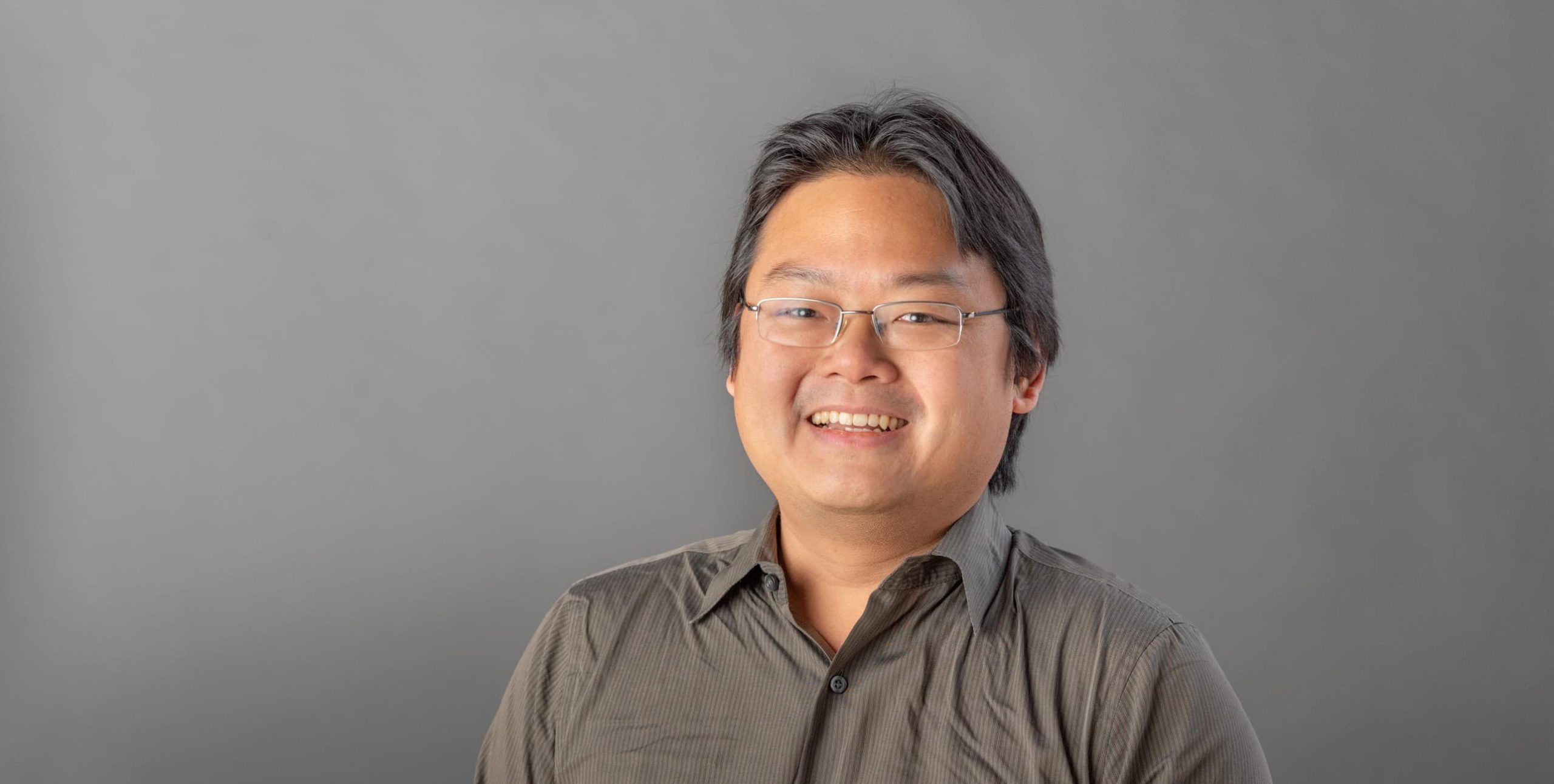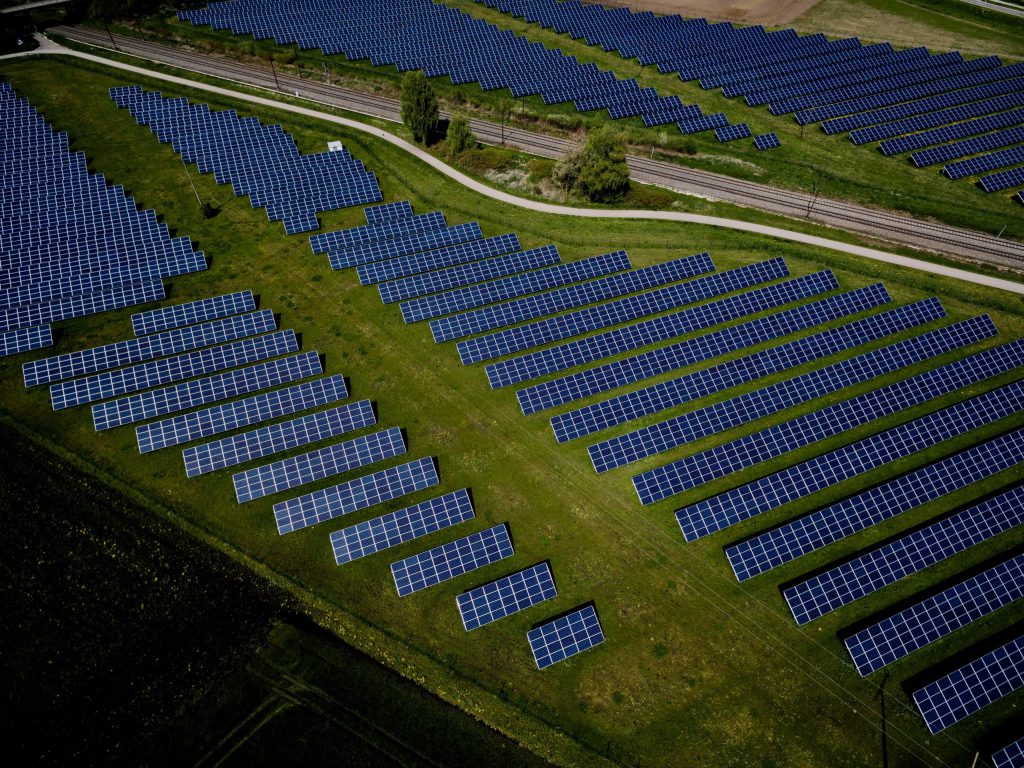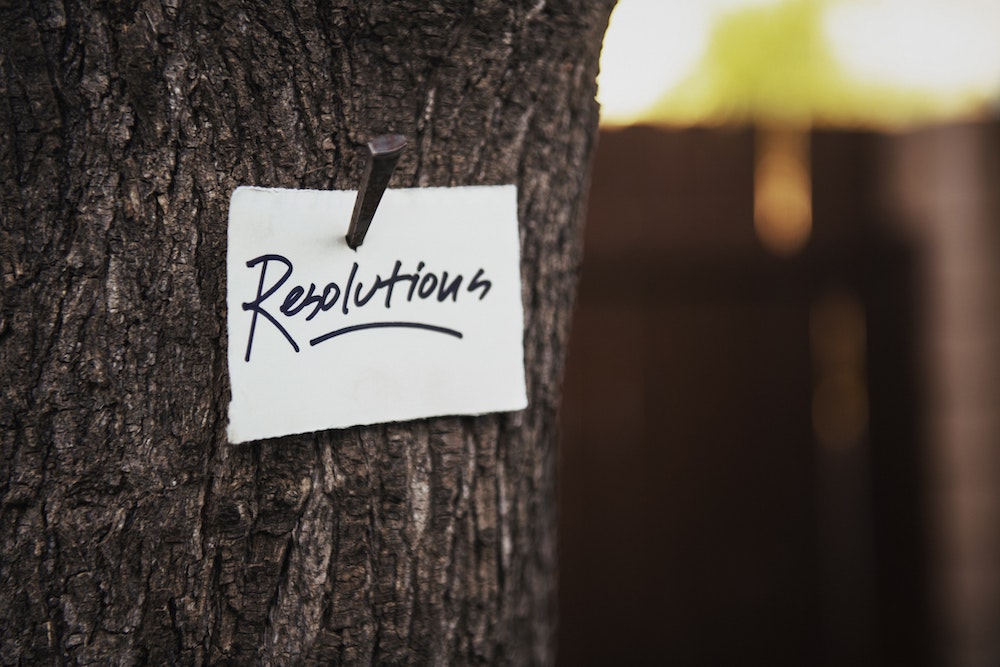“There is an old parable of the blind men trying to describe an elephant. Each can only feel one piece and thus they each miss out on the whole picture.”
Climate change affects all aspects of life — the environment, politics, economics, and social equity, to name a few. Work in the renewable energy industry requires a strong understanding of how we collectively interact with the environment and, as a result, a changing climate. In an effort to broaden our outlook, we turned to Ben Ho, a behavioral economist who focuses on climate change. Ben’s unique experience and expertise in engineering, economics, and political science give him multiple lenses through which to look at climate change, and the perspective to see how each is connected. Read the questions and answers below to learn more!
Q: Could you tell us a little bit about your background and how you came to study climate change within the field of economics?
A: My first job after finishing my Ph.D. was with the Council of Economic Advisers under the George W. Bush administration. It was a team of about a dozen Ph.D. economists who contributed to policy, reviewed regulation, and helped with speeches. My background in electrical engineering (from before my economics Ph.D.) meant I was assigned to energy, and I worked on the Energy Policy Act that was passed in 2007 that was designed to address the twin issues of climate change and energy security.
Q: What did your experience working for the White House teach you about energy policy at the highest level? What surprised you most?
A: That people generally care about doing the right thing. It’s easy to be cynical about government. The people I met who chose a life of public service were all committed to making the world a better place. Mistakes are often made, because politics and policymaking are hard, because we live in an uncertain world and because it is hard to balance different values, but the people working at it have good intentions.
Q: You’ve stated that there is too much climate science driving the public debate on climate change. Can you expand on that?
A: Probably a better way to phrase that is there are too many discussions about climate change driven by climate science that neglect other key factors like the economics and politics involved. Of course, there are also too many discussions with too little climate science that only think about economic or political considerations. There is an old parable of the blind men trying to describe an elephant. Each can only feel one piece and thus they each miss out on the whole picture. Scientists are good about understanding the science, but too often neglect the economic and political realities of the policies we need. Economists too often neglect the science and the politics. And politicians too often neglect science and economics. Each is doing their best, but the vision of each is limited by the tools at their disposal.
Q: How do the findings of your paper on social identity as it relates to consumption translate to the energy industry?
A: Some work by one of my classmates from Stanford, Kenneth Gillingham, looks at the adoption of rooftop solar in Massachusetts. It finds that the adoption choice of your neighbors is one of the most important factors in deciding if you adopt yourself. We often think we make choices based on our own personal values, but often our choices are based more on fitting in with others in our communities.
Q: You emphasize trust in your research. In your opinion, how does trust play a role in the energy industry? How do we overcome distrust?
A: Building trust takes time. We are often suspicious of new technologies. Having your neighbors adopt that technology helps. Having a stable regulatory framework helps as well, as does taking small steps. So much of what happens with energy happens behind the scenes, beneath the awareness of most consumers. My hope is that the biggest changes will happen at the utility-scale, and can happen without most consumers even noticing. Of course, one of the biggest steps of switching to electric cars so that they can be powered by solar and other renewables will require big changes and have been met with much skepticism. Still, progress often happens unexpectedly fast. Tesla is already one of the best selling cars in the US.
Q: What is the biggest takeaway from your career at the intersection of climate change, energy, and economics thus far?
A: That there are plenty of reasons to be optimistic. The direst predictions about climate change simply extrapolate what has been happening in the past into the future assuming trends don’t change, even though things often change in dramatic ways. Some of the most cited scary statistics about climate change assume the world will be mostly powered by coal for the next century, even though by many measures, solar power is already cheaper than coal today. People rightly point out that it will take a long time for solar to be widely adopted, although it only took about 15 years from the invention of the iPhone for the smartphone to reach the majority of the world’s population. Of course, that doesn’t mean we can be complacent. Technological progress is unpredictable and requires government and market actors to do the work to make it happen.
If you want to learn more about Ben and his work: Ben’s Website
Follow Solstice for more!




